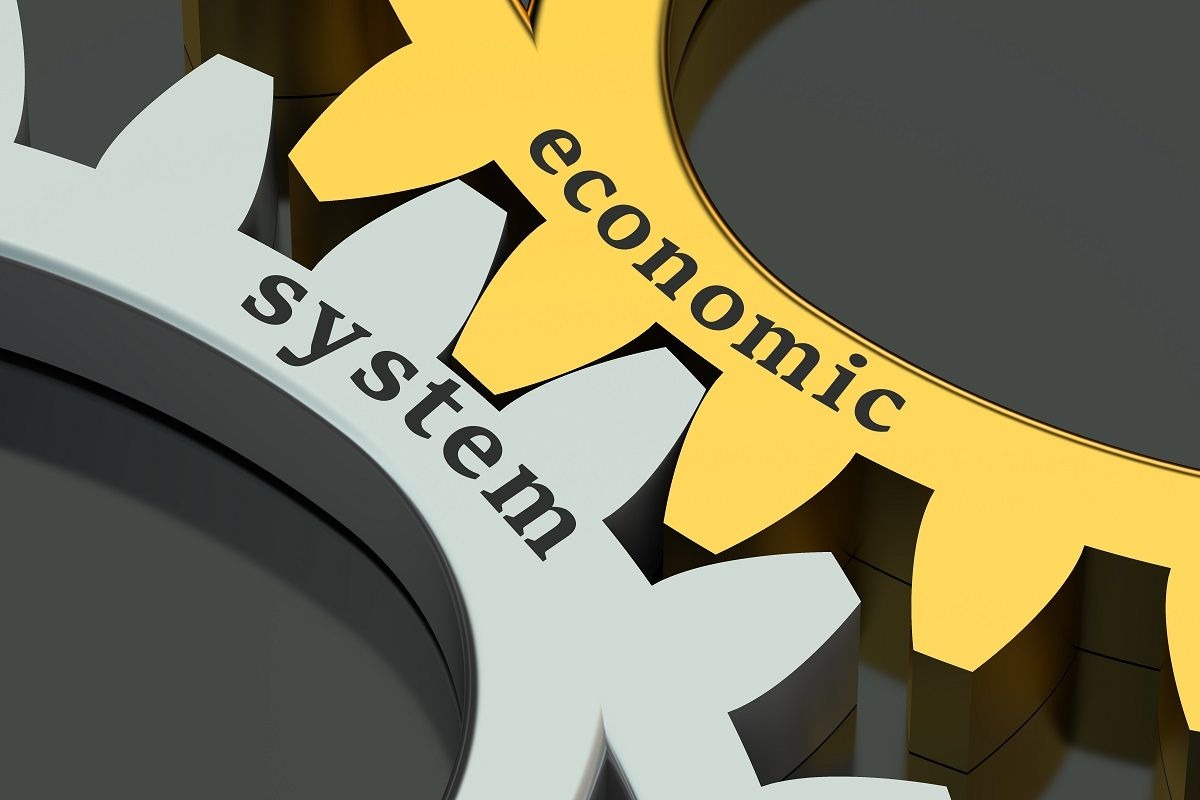Economies play a vital role in shaping the growth, development, and prosperity of nations. An economy refers to the system of production, distribution, and consumption of goods and services within a society. It influences everything from employment and trade to the standard of living and international relations. In this article, we will explore the different types of economies, their significance, and their impact on the global stage.
What is an Economy?
An economy is the framework that determines how resources are allocated, how industries function, and how wealth is distributed. It involves businesses, governments, and consumers working together to drive progress. Economists often study economies to understand financial stability, trade opportunities, inflation, and long-term growth.
Simply put, without a well-structured economy, no country can achieve sustainable development or meet the needs of its citizens effectively.
Types of Economies
Every nation operates under a particular type of economy, often influenced by political systems, resources, and historical conditions. The main types include:
1. Traditional Economy
A traditional economy is based on customs, traditions, and barter systems. It usually exists in rural or underdeveloped areas where agriculture and manual labor dominate. While it ensures stability, it lacks innovation and large-scale growth potential.
2. Command Economy
In a command economy, the government controls production, distribution, and pricing. Countries like North Korea follow this system. While it reduces inequality to some extent, it often restricts individual freedom and innovation.
3. Market Economy
A market economy thrives on supply and demand. Here, businesses and consumers decide the flow of goods and services. The United States is a prime example of this system. It fosters competition, innovation, and rapid growth but can lead to wealth inequality.
4. Mixed Economy
Most nations today, including India and the UK, have mixed economies. This system combines both government regulation and free-market principles. It helps balance wealth distribution while encouraging private entrepreneurship.
Importance of Economies in Global Development
Economies determine the prosperity of nations and influence how they interact on a global scale. Some key roles include:
- Employment Creation: Strong economies provide jobs and improve living standards.
- Trade Opportunities: Economically stable countries engage in global trade, boosting international cooperation.
- Infrastructure Growth: Healthy economies support investments in roads, healthcare, and education.
- Wealth Distribution: A structured economy ensures equitable access to resources.
Globalization and Modern Economies
In today’s interconnected world, no economy functions in isolation. Globalization has created trade partnerships, international financial systems, and technological integration. For instance, a slowdown in one major economy, such as China or the U.S., can have ripple effects worldwide.
Digital economies are also emerging as powerful forces, driven by e-commerce, fintech, and technological innovations. These modern economies are reshaping industries, creating new job markets, and redefining the concept of growth.
Challenges Faced by Economies
Despite growth opportunities, economies face several challenges:
- Inflation and Recession: Uncontrolled inflation or economic downturns can disrupt stability.
- Income Inequality: Wealth gaps continue to grow, even in advanced economies.
- Environmental Concerns: Economic growth often comes at the cost of natural resources.
- Geopolitical Tensions: Wars, sanctions, and trade restrictions affect global economies.
Addressing these challenges requires strong policies, international cooperation, and sustainable practices.
Conclusion
Economies are the backbone of global development, influencing every aspect of life from jobs and wealth to international peace and progress. Understanding different types of economies and their impact helps individuals, businesses, and policymakers make informed decisions. As globalization and digital transformation continue, economies will evolve further, shaping the future of nations and the global community.

